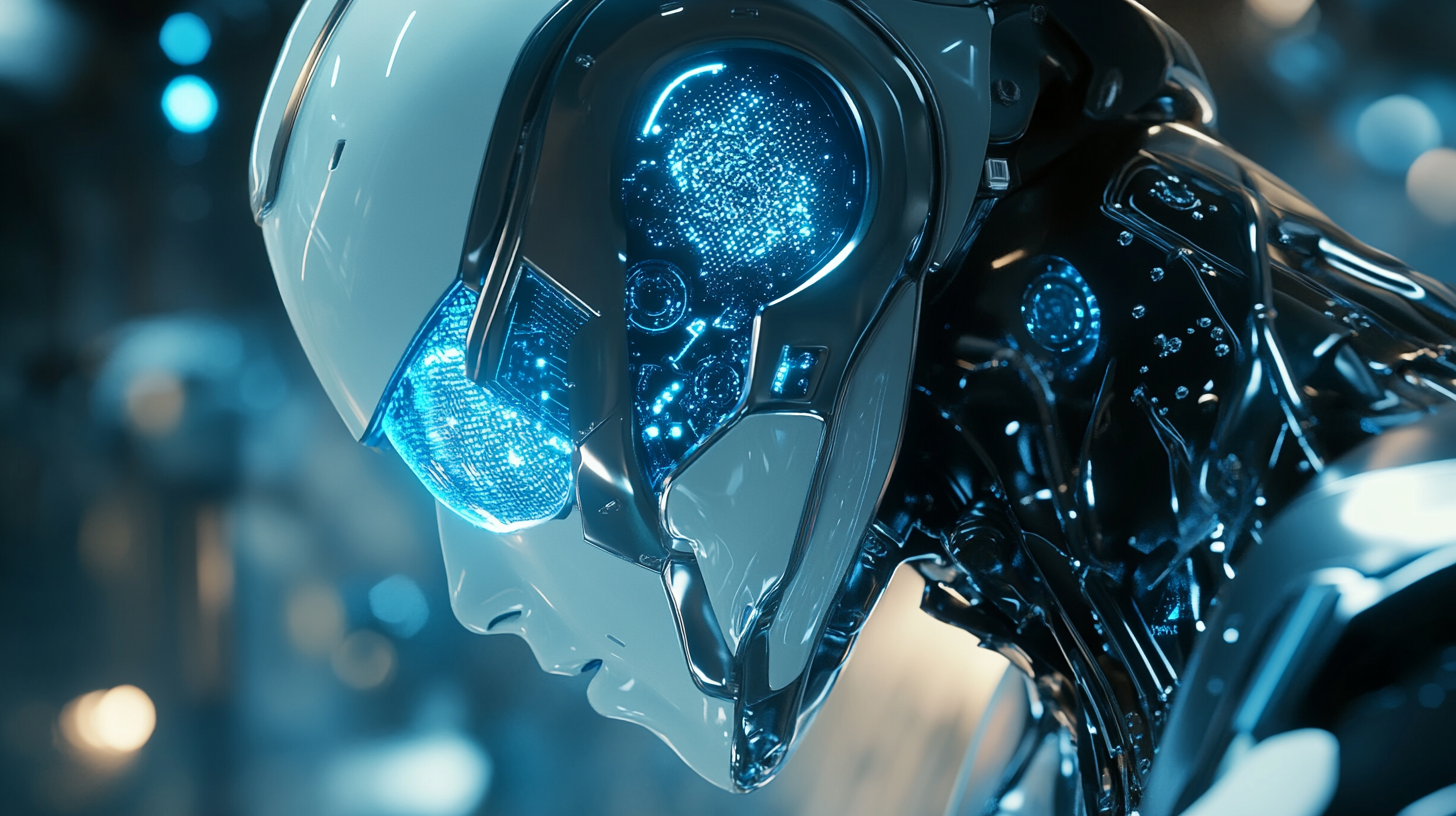"Expeng" announces its entry into the world of "robotaxis" and humanoid robots in 2025

Chinese electric vehicle company "Expeng" revealed its plans to launch self-driving taxis (robotaxis) next year during the "Artificial Intelligence Day" event held on Wednesday, along with the second generation of its humanoid robot "Iron", in a move that reflects a strategic shift towards advanced technology and artificial intelligence.
The company, based in Guangzhou, had previously stated that this type of business would not turn into a real commercial activity in the near future, but technological developments have prompted it to reconsider this estimate. Brian Gu, co-chairman of "Expeng", stated that "technology is evolving faster than we expected", adding that advancements in artificial intelligence and the significant increase in computing power "give us confidence that we are approaching a real turning point" in the self-driving taxi sector.
The company announced three new models of "robotaxis", equipped with four AI chips developed in-house under the name "Turing", which provide computing power of up to 3000 trillion operations per second (TOPS), the highest globally within vehicles, according to the company. These chips support the second version of the AI model "vision – language – action", capable of processing visual and linguistic inputs to make independent decisions, making it suitable for self-driving applications and robotics.
As part of this project, the "Alibaba" group announced a partnership with "Expeng" through its digital mapping arm "Autonavi" and the "Amaps" application, which includes ride-sharing services. The "robotaxis" will also be equipped with external screens on their roofs to display speed and data during operation.
"Expeng" intends to start testing these vehicles in Guangzhou and several other Chinese cities next year. Gu stated in a statement to "CNBC" last week that self-driving taxis "will eventually become a global phenomenon", but he noted that reaching that stage "will take time, especially given regulatory challenges".
Gu had stated in April 2024 that this sector would not turn into a major commercial activity for at least five years, but he clarified on Wednesday that technological developments have changed the equation. He pointed out that "Expeng"'s strategy is based on producing two categories of vehicles: the first for commercial use as a self-driving transport service, and the second personal autonomous vehicles that can be shared within a limited scope among family members.
This move comes at a time when other Chinese companies like "Pony.AI", "WeRide", and "Baidu" are racing to expand their global presence in the self-driving taxi sector, having already launched models for public use in several Chinese cities. "Tesla" also launched its long-awaited self-driving taxi program in some areas of Texas this year.
In parallel with "Tesla" entering the field of humanoid robotics, "Expeng" unveiled the second generation of its humanoid robot "Iron", announcing its intention to start commercial production in 2025. The robot operates with three internally developed "Turing" chips and relies on a solid-state battery, with plans to offer customization options including body shape and hairstyle.
The company's CEO, He Xiaopeng, indicated during the presentation that the use of these robots in homes is still unlikely, stating that "the cost of using them in factories is still high compared to the low labor costs in China". He added that the initial use would be in roles such as tour guiding, sales assistance, and administrative services within office buildings, with plans to operate them in the company's facilities.
Xiaopeng predicted that "the number of robots will exceed the number of cars we produce" over the next ten years, although he does not know the expected number precisely.
In comparison with "Tesla", Brian Gu said that "Expeng" has been developing some technologies since before "Tesla", but it has not been as vocal about them publicly. He added: "From a technology and product perspective, there are similarities between us and Tesla, but in some areas—such as flying cars and humanoid robots—we started working earlier than they did". He acknowledged that "Tesla has done a better and more prominent job in announcing its commercial marketing directions, while we have not shown our plans on this scale until today".
"Expeng" has already developed a model for a flying car as part of its future projects, reinforcing its commitment to multidimensional innovation in the smart mobility sector.
